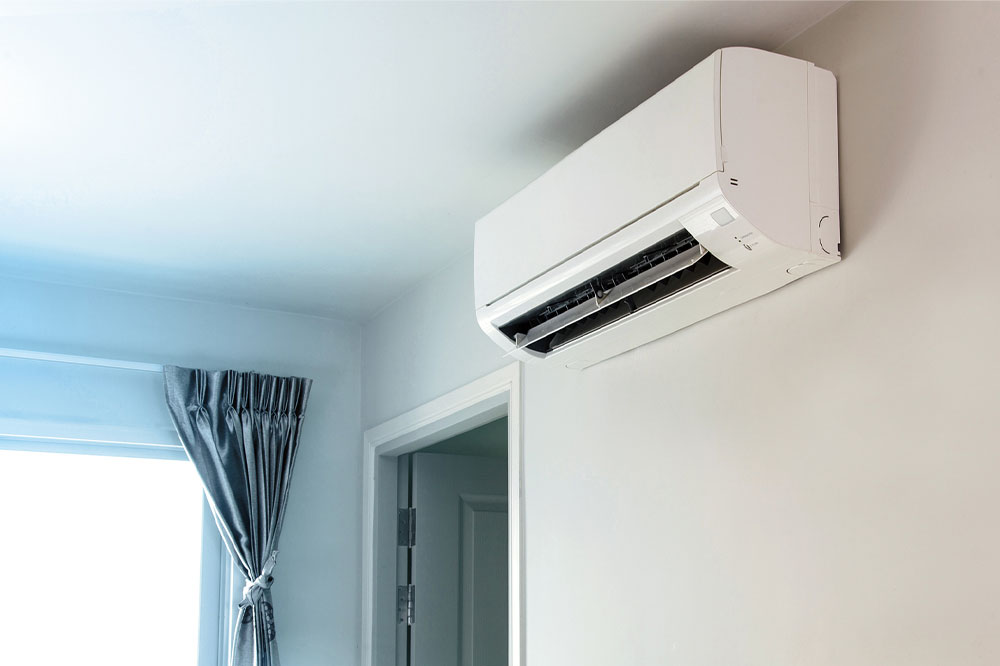
Air conditioner buying guide – Types, top brands, and cost
There is nothing quite like an air-conditioned room on a hot day. Air conditioners (or ACs) have become essential electronics today, helping regulate the temperature indoors. With numerous brands offering top-notch ACs, choosing the right product requires careful consideration and a little research. Whether you are looking for energy efficiency, durability, affordability, or certain features in an air conditioner, the following buying guide can help you make an informed decision.
Types of ACs
You can choose from the following types of air conditioning systems; each type offers unique advantages and cooling solutions.
Central air conditioning: A central system cools the entire home by distributing cool air through ducts. It is ideal for larger spaces and provides consistent cooling throughout the house.
Ductless mini-split: A ductless system comprises an outdoor unit and one or more indoor units. It is suitable for cooling individual rooms or specific areas and offers flexibility in terms of installation and zoning.
Window AC: Designed to fit in a window or a wall opening, these air conditioners are an affordable and convenient option for cooling single rooms or small spaces.
Portable AC: These units are easy to move around and are suitable for cooling specific rooms. They do not require permanent installation; however, they need a window or vent to release hot air.
Top brands
Here are a few reputable air conditioner brands known for their quality, performance, and customer satisfaction:
Carrier: A globally recognized brand, Carrier offers a wide range of energy-efficient air conditioning systems known for their durability and advanced technology.
Daikin: Daikin is known for its innovative air conditioning solutions, providing efficient cooling and customizable features.
Trane: With a focus on energy efficiency and reliability, Trane offers a range of high-quality air conditioners known for their durability and quiet operation.
Mitsubishi Electric: Mitsubishi provides advanced cooling systems with cutting-edge technology, including models with zone control and high-efficiency ratings.
Lennox: Lennox offers a variety of air conditioners known for their exceptional performance, energy efficiency, and advanced humidity control features.
Cost considerations
When buying an air conditioner, cost is an important factor to consider. The cost of an air conditioner can vary depending on factors such as brand, model, size, and additional features. Generally, high-quality and energy-efficient models tend to have a higher upfront cost but can help you save on energy expenses in the long run. It is important to evaluate your budget and long-term cost savings to determine the most suitable option for your needs. Based on these factors, a portable or window unit can cost anywhere from $90 to $550, whereas a central air conditioning system can cost anywhere between $3,800 and $8,000.
This comprehensive guide aims to simplify the process of buying an AC. Here, you should first consider factors such as the size of the space, cooling requirements, installation feasibility, and energy efficiency when selecting an air conditioning system. Then, choosing the right brand involves considering factors such as brand reputation, product quality, customer satisfaction, cost, and if it sells the type of AC you want. Further, by assessing your cooling requirements, budget, and desired features, you can make an informed decision.




